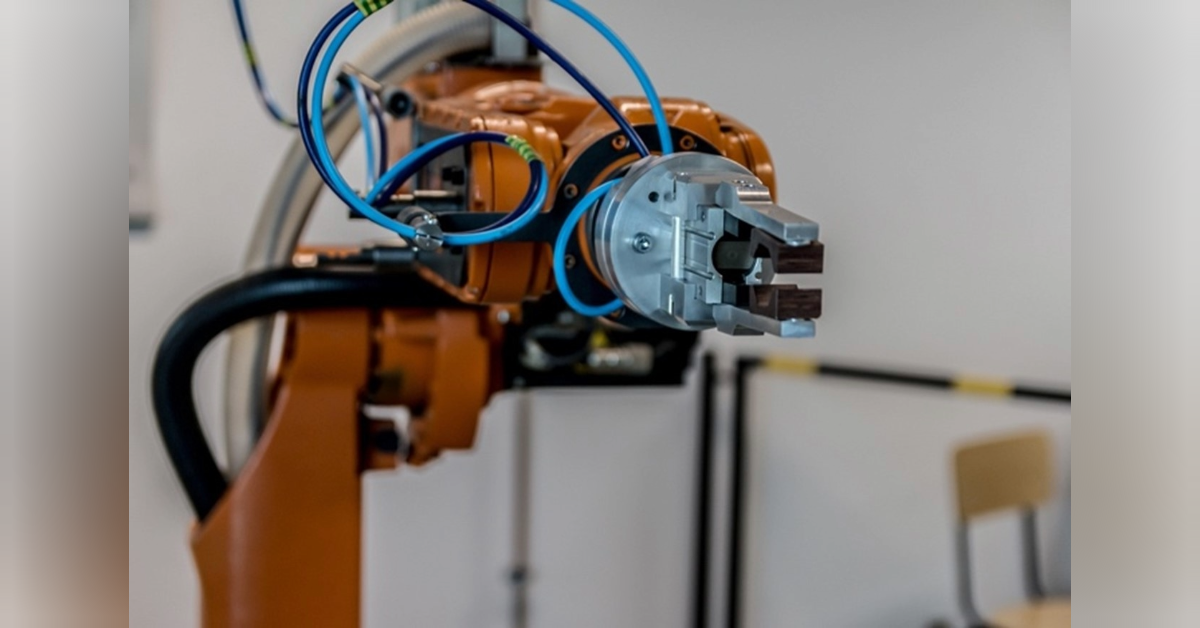Artificial intelligence (AI) has emerged as a double-edged sword poised to revolutionize the American workforce. Along with the promise of heightened efficiency and reduced costs, AI can reduce the number of accidents that result from human error. Yet, as this innovation intersects with the well-entrenched framework of capitalism, the future for the American workforce seems uncertain. The marriage between AI and capitalism offers a lot of promise, but also raises thought-provoking questions about how these forces may interact and shape the future of the American and global labor landscape. Will capitalism embrace AI as a tool for prosperity, or will it pave the way for its spoiling, diminishing the potential it holds for the American workforce?
Throughout the history of mankind, different inventions have come along to make life easier for us to live and spend our time on Earth. Inventions like the wheel, the cotton gin and the internet in the late 20th century have shaped the world and have influenced economies and even how we may spend leisure time. Artificial intelligence has recently become the focus of headlines in both humorous and ominous ways as it has experienced rapid growth in the last five years alone.
Artificial intelligence is going to continue to shape the world in many ways. From things like taking inventory to data computation and – more unbelievable to some – autonomous freight delivery, artificial intelligence offers high-quality service without costly human error. It is possible for corporations to get around regulations with AI because there are no time constraints, required breaks and inevitable mistakes. All these things are attractive to a company that is trying to decrease overhead while widening their profit margins. The question that we are facing is: what is the desired role between labor and artificial intelligence? Is this technology growing at a pace quicker than the labor market can handle? And what will happen to the millions of displaced workers?
In the Frontline documentary, “In the Age of AI” the viewer is introduced to a family of independent truckers who talk about how the average income of a truck driver, adjusted for inflation, was $110,000 in the 1980s but has dropped to around $48,000 today. The company Embark is already operating driverless freight while making claims that their fuel efficiency has increased by 10% – a 300% increase in revenue per truck – and a 40% reduction in delivery time. And it is expected to expand in the coming years. Some possible reasons for those numbers include the elimination of human driver error and, because the vehicle is driverless, it does not need to adhere to mandated breaks or make a stop at the nearest Waffle House. An increase in AI truck drivers means that the super gas stations like Love’s Travel Stop will also take a hit as there will be fewer drivers to buy diesel and utilize the showers and gift shops.

The fact that more products can be shipped and delivered around the country without having to wait for driver background checks, account for driver sick time, or any collective bargaining agreements sounds appealing to investors and those who work in logistics. Another great selling point is the safety of the technology because by removing the driver from the truck, you remove the chance for human error.
Artificial Intelligence does not have to be the enemy of human workers. In fact, if we were to establish a sensible ethical standard for the introduction of AI, we could potentially see a world where we are able to increase productivity and enhance employee safety while simultaneously cutting down on wasteful procedures. In fact, the introduction of AI can eliminate mundane, repetitive jobs. It could also be used as a tool to help decrease the workload of those who are already employed. Capitalism often feels as if one person or entity can only win if another is losing. Artificial Intelligence has the potential to compliment the workforce or make corporations bolder and stronger. Rather than ignore or demonize this new technology, we should embrace the opportunities as well as its challenges.


